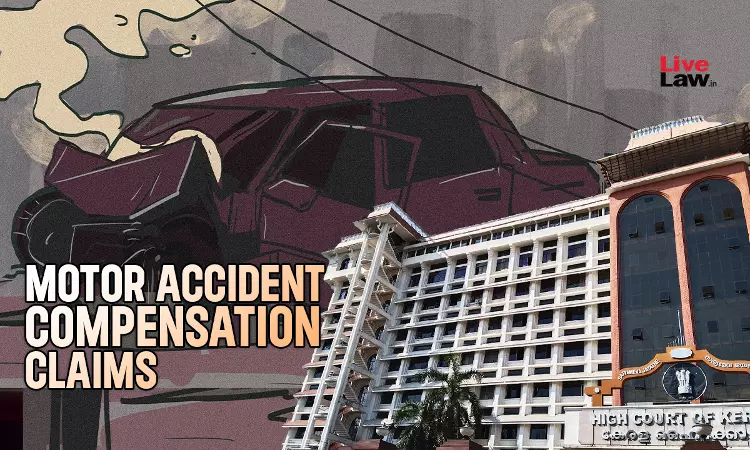What Should Be The Notional Income Of A 5-Yr-Old Minor In A Motor Accident Claim? Kerala High Court Answers
Tellmy Jolly
26 Nov 2024 12:22 PM IST

Next Story
26 Nov 2024 12:22 PM IST
The Kerala High Court has fixed the notional income at rupees 17, 325 per month for a 5-year-old minor boy, who has been in a state of paraparesis and lost his childhood since a 2016 accident.The Insurance Company challenged the Tribunal's decision to fix the notional income to rupees 8,000 per month. Justice Easwaran S. referred to Master Ayush v. The Branch Manager, Reliance General...
